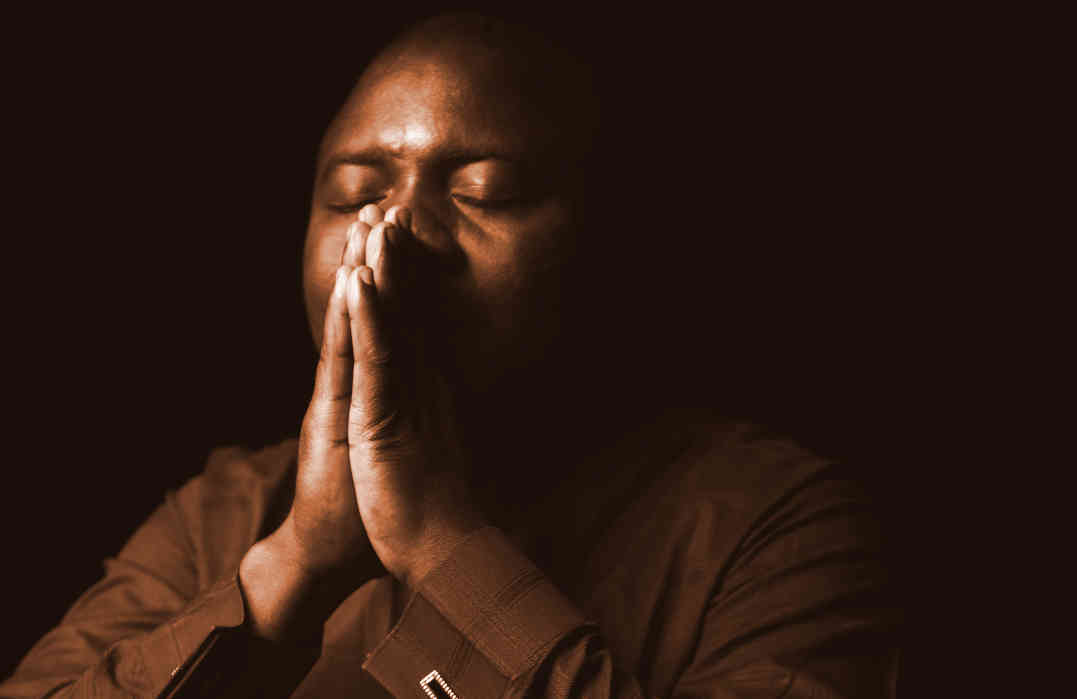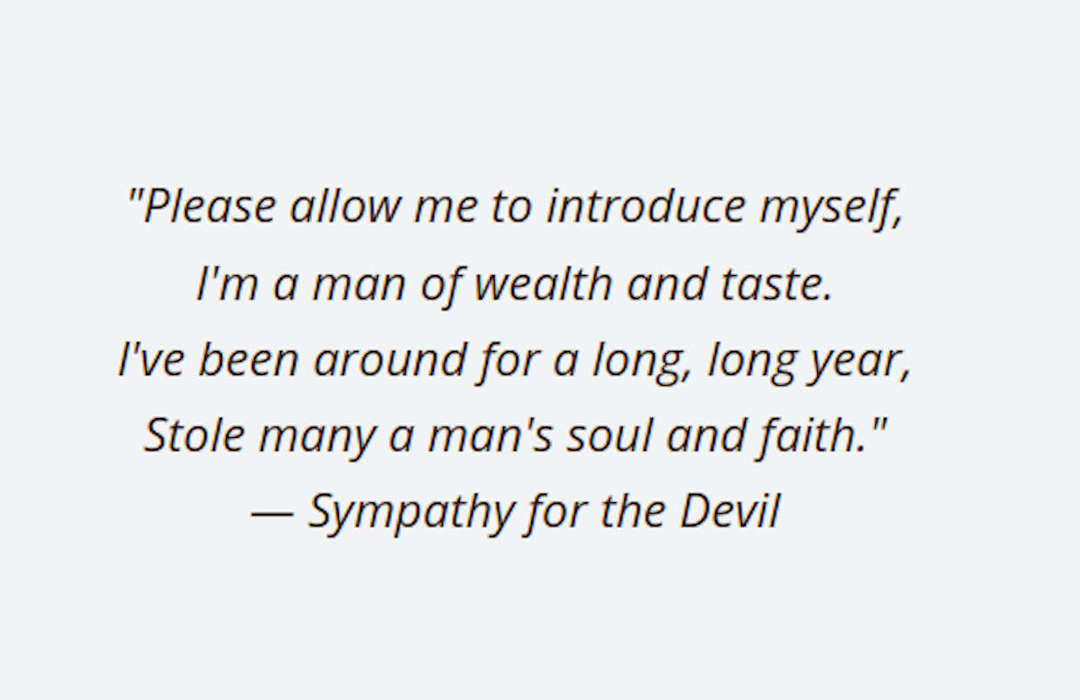
Popularity
"I have not loved the world, nor the world me;
I have not flatter'd its rank breath, nor bow'd
To its idolatries a patient knee." — Byron
If everything and everyone in life were good, we could just do what everyone else does, believe what everyone else does, and live like everyone else, and have no problems. Popularity would mean that what was most popular was simply better. But, that isn't how it is in this world. There are many, many things that are bad for us, and they are often more popular and accepted than what is right, good, or true.
Popularity could just as well be called "popular illusions." Life is not a popularity contest. If we are living in a world of illusions — in which everything of True substance and worth tends to be suppressed, abused, exploited, or destroyed — then what does it mean to love this world or to be loved by it? If most people live in denial and accept this world's evils, then exactly who or what do they accept, adore, popularize, and declare to be "good"? It all starts with ego, the false god that rules our lives. Or as the song goes, "Tell me lies, tell me sweet little lies."
In a world of illusions, ego and illusions and lies are adored above all
Popularity, popular appeal, and popular opinion are misdirected, and only represent agreement upon common illusions, programming, and social conditioning. Dr. Bar-Levav noted, "One of the basic assumptions in free societies is that truth will eventually prevail in the marketplace of ideas. This well-meaning but naive assumption is based on the false belief that societies are made up of mature individuals who reach their decisions through the exercise of reason. The quick up-and-down movements of the stock market and of popularity ratings suggest this is as untrue in democracies as it is in totalitarian societies."
In a society, and in an individual, emotion and truth are not compatible. Emotion, indoctrination, and the upholding of prior social programming as being of ultimate value, is what often determines individual interest, public policy, and popular agendas. The majority believes its illusions, which captivate their attention and comfortably substitute for Truth. And in today's social justice causes, feelings replace all reason, facts, or Truth.
It is simply not true that if enough people agree on something, then it is right, good, or true
The grand illusion of government is that either popularly elected leaders or the populace itself really knows what is best or is committed to it. Neither is true — even in a democracy. Government is the way it is because it ultimately suits the people that way; people prefer government to do whatever it does rather than be responsible for themselves or think for themselves.
Whether it is communism, a dictatorship, a king, queen, or emperor, or some kind of democracy, people living under a given system of government generally accept their privileged, self-serving, exploitative, corrupt, deceiving, misguided, "all-knowing" leaders, rather than having to accept responsibility for their own lives. It makes people feel better to imagine someone else is taking care of all of their problems, and the more they glorify their leaders (pharaohs, kings, queens, and popes all rule by "divine right"), the more protected and secure they feel. It is all illusion. In a democracy, leaders reflect their populace; if they are ignorant, deceitful, or wrong-minded, they generally represent those who elected them.
History shows, there is no simple "purity" or higher "truth" to be found in the masses; they are easily deceived, indoctrinated, and herded along like cattle. And giving up the power in our lives to popular leaders, or doing what everyone else does, is not the solution. It is easy to get 100,000 people together for a sporting event, anytime, anywhere. But, how often do people ever do anything en masse other than express their social conditioning, their egos, their emotions, their illusions as to what is of value in life? In our unawareness, we glorify popular icons who demand our mindless complacency, agreement, deference, or respect.
Michael Jackson, Madonna, Bill Clinton, it does not matter how popular they might have been; what matters is the effect they had on the masses.
Young people are very impressionable, and readily programmed by pop culture, its messages and its role models. Popularity means everything to them. Today, adolescent girls don't think twice about dressing and acting like whores, because their pop idols act that way. Being lost in the illusion, they do not see what they are really embracing in their lives. It is Satan.
You accept a lot when you accept people, or their influence in your life, mindlessly. You accept their attitudes and beliefs. You accept their moral values and their lifestyle. You accept all of the wrongs in them. And, so, you become unable to see those wrongs in your self, either. When Bill Clinton lyingly said "I did not have sex with that woman," he said that it was true because "oral sex" is not sex. He gave permission to the next generations to freely have oral sex, with the belief it "isn't sex." So, orally transmitted sexual diseases are epidemic among children, including very young ones. Today, children are also taught that anal sex isn't really sex, and so they engage in that perverted practice from a young age. Evil and wrong are so very popular.
It is hard to imagine the damage done by those in positions of authority, trust, or influence, in our society. The most evil people, who see no wrong with wrong, no evil in evil, no untruth in lies, are the real culprits. They think evil is good, wrong is right, and lies are much better than the truth. And, they are very popular.
Does popularity really solve our problems?
Think of the typical adolescent or teenager who feels compelled to try to fit in and be accepted by his or her peers. Think of the things that she/he will value or bring into her/his life in order to "be popular": sex, drugs, smoking, inhalants, anorexia, bulimia, gang violence, crime, and so on. Today, add changing one's gender. Is popularity and acceptance worth inhaling anything so harmful that it rots one's brain, literally? Ironically, it is those influences in all areas of society that help us to rot our brains that are most popular. Whatever is most popular, is almost as a corollary, most detrimental to us. Today, X-rated pornography delivered on cell phones is a multi-billion dollar business.
The most popular illusions of financial well-being are fragile at best. Today, the entire economy depends upon debt (which is basically financial insolvency or negative worth) and, above all, shopping for Christmas. Jesus has been replaced by Santa Claus or "Father Christmas" as the most popular icon of the holiday. Our popular values can be very misguided.
So, how do the most evil, arrogant, egomaniacs rise to positions of enormous public trust, adoration, power, and control? Well, often they are elected to those positions. The Pope is elected by his Cardinals, the very same Cardinals who see no wrong with the sexual abuse of our youth, except for calling it by that name; who think that the worst priest (no matter how evil he is) is above the best man; who believe the worst man (no matter how evil he is) is more spiritual and good than the best woman. And they think they are the living embodiment of "truth" and "goodness," and Christ's representatives on Earth.
Those who question popular illusions and untruths are called negative, nonbelievers, heretics, unpatriotic, or worse
The group mentality always attacks what is unlike it, whoever thinks or believes differently. In terms of what is really popular, evil wins by a landslide — lust, gluttony, greed, avarice, falsehood, and so on. The basic fabric of society. In today's society, the masses gravitate toward and conform to the basest instincts, not the highest or noblest aspirations of the human spirit.
But then, there is Jesus. And, no matter what anyone says, he is the most popular Good or Divine being that has ever lived.
And he is here to overcome all of this world's evils — in each of our lives — no matter how common, accepted or popular they might be.
You do not need to be popular to be successful, happy, loved, appreciated, and valued in your life. You don't need to forsake conscience, morality, integrity, or a greater perspective on life. Fear of rejection or being disapproved of often keeps us trapped in trying to fit in, trying to be like everyone else — someone other than who we really are. It is ultimately far more satisfying, creative, empowering, and fulfilling to live in a way that is true to you — and true to God. And you can.









